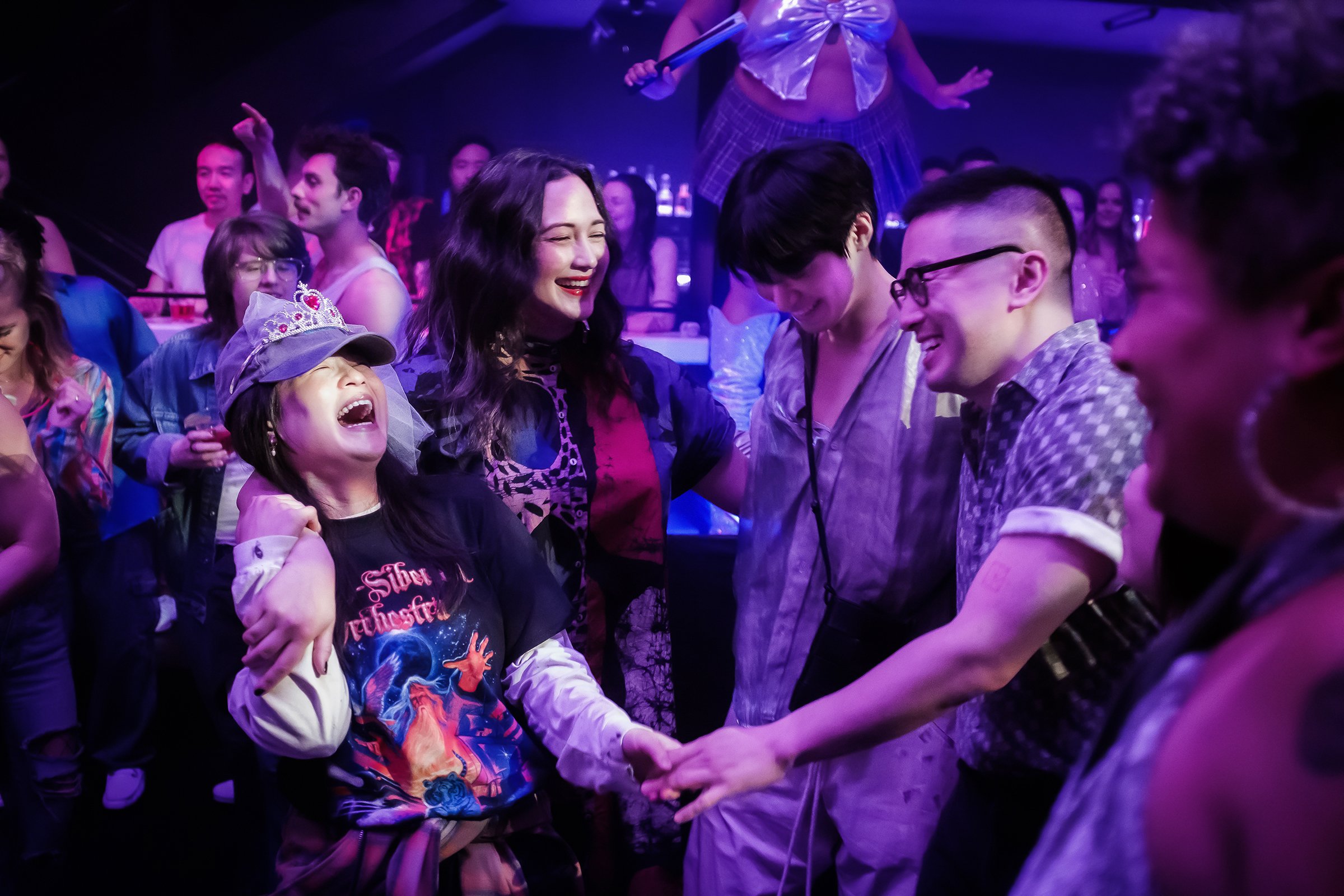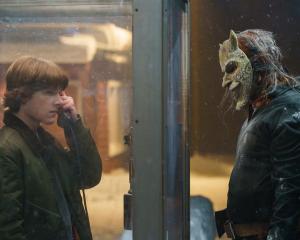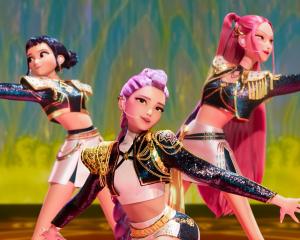
For Lily Gladstone, Oscar nominee (best actress for Killers of the Flower Moon), the past year has brought a definite shift in the kind of roles being offered to her.
"The characters I am seeing now are not explicitly Native characters," Gladstone, who made Academy Awards history last year as the first Native American best actress nominee, says.
"For a long time, that was exclusively what I was seeing, for better or worse."
Now, many of the scripts being sent her way don’t specify the character’s identity — such as her role in The Wedding Banquet, Andrew Ahn’s new reimagining of Ang Lee’s 1993 art house classic.
"I think it’s a lovely moment for film representation now, that audiences see themselves in whoever is portraying the character," Gladstone says.
She appreciates the opportunity to portray the character, who on paper may not share her identity, as indigenous (Gladstone’s tribal affiliations include Blackfeet and Nez Perce) — and "to show that we’re still here, we exist in every space".
In The Wedding Banquet, Gladstone plays a Seattle woman named Lee, in a longtime relationship with her partner Angela (Kelly Marie Tran) and trying to get pregnant via in vitro fertilisation — an expensive prospect that could possibly be funded by Angela agreeing to marry their friend Min (Han Gi-chan), a wealthy young gay man in need of a hasty green card marriage. Complications ensue, not least for Min’s partner Chris (Bowen Yang), Angela’s gay-activist mother May (Joan Chen) and Min’s very traditional Korean grandmother Ja-Young (Youn Yuh-jung).
Lee originally had a different name and not much specificity to her background; Gladstone, working with Ahn, saw the opportunity to give the character a very Pacific Northwest story. The character became a member of the Duwamish Tribe, giving a brief speech in the film about her connection to the land and to her family home, in which she now lives with Angela.
"I haven’t seen Duwamish representation on screen," Gladstone says. "When I talked to Andrew about making it locally specific, I talked about how indigenising my character was important to me — when you have an opportunity to carve space where there’s not space, you take it."
She also spent time in Seattle with Ahn and some crew members, doing a bit of unofficial location scouting.
"I drove them around the neighbourhoods that I felt this family would be living in."
"I showed them Ballard — there’s a large Native population in Ballard. ... We went by Discovery Park, where Chris may have birded." (Yang’s character is an avid bird-watcher.)
And the character’s name became Angeline as a nod to Chief Seattle’s daughter, though she goes by Lee. Laughing, Gladstone pointed out that they were midway through filming before somebody realised that the "ship name," or relationship name, of the two characters — Angela and Lee — was Ang Lee.
Making The Wedding Banquet was a chance for Gladstone to reacquaint herself with an early love: comedy. As a child doing theatre, "I was always trying to make people laugh," she says.
"A lot of people were surprised that I turned into such a dramatic actress." She’d long wanted to make a romantic comedy, as part of an ensemble cast, and embraced the opportunity.
"Even though Lee is sort of the straight man to everyone else’s chaos, getting the chance to be as cartoony and goofy as I am naturally was really nice."
The film, Gladstone believes, will create "a safe and necessary space" for the queer community and for immigrant families during a time of political and social upheaval.
"There are so many themes in the story that represent so many communities that are just under attack right now. We didn’t anticipate that the story was going to be so timely."
She believes that audiences will especially appreciate the film’s inclusive story of chosen family.
"The gift that I’m really grateful this film gives people is hope." — TCA












